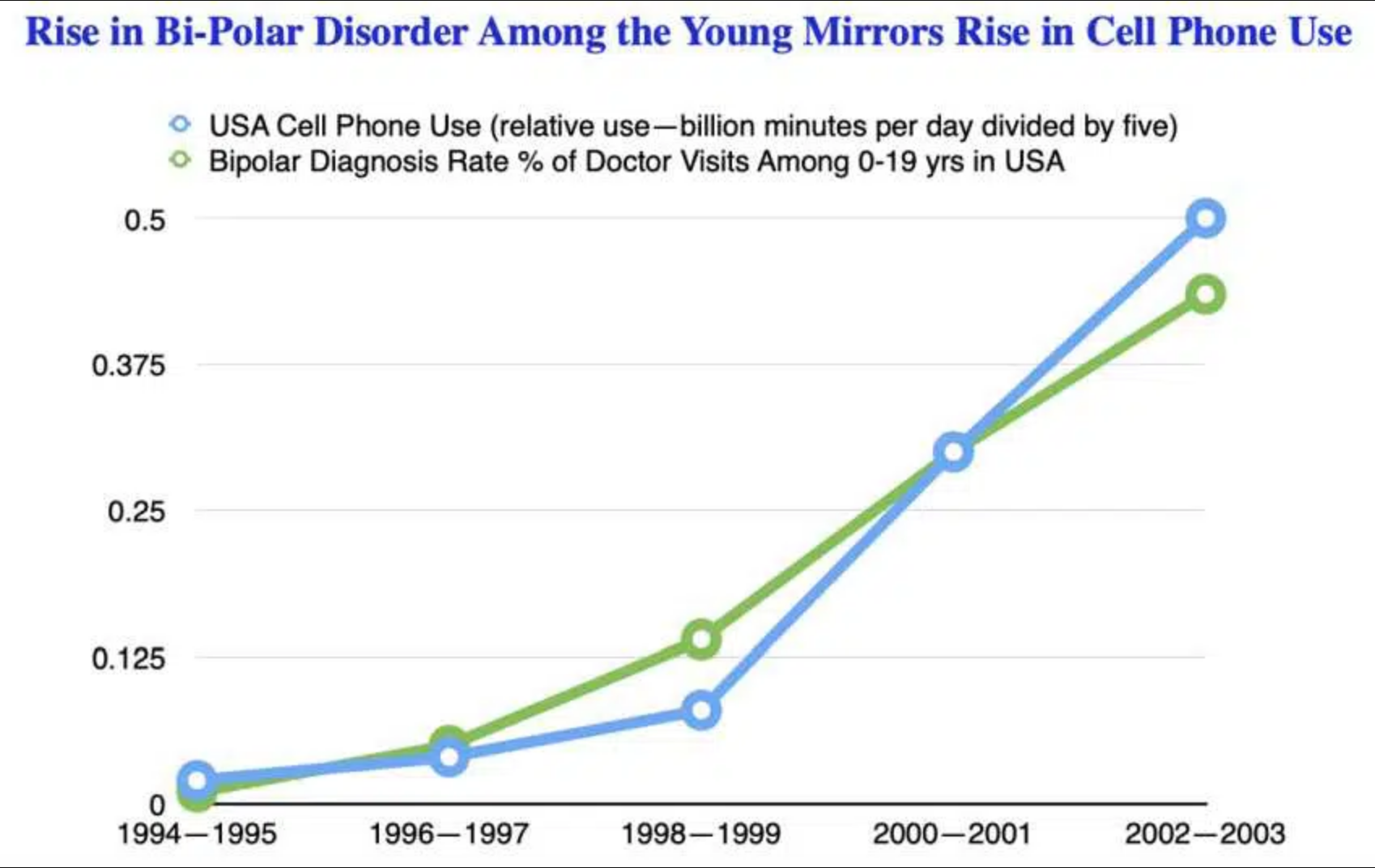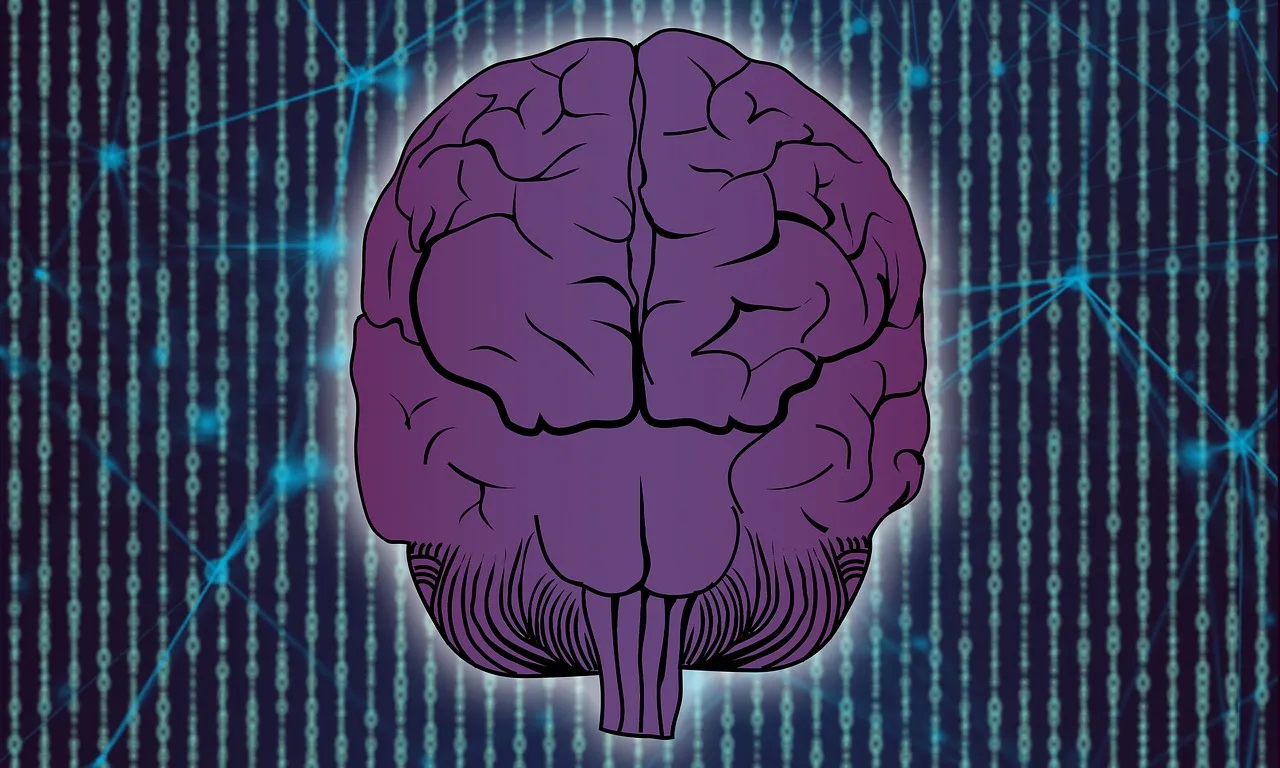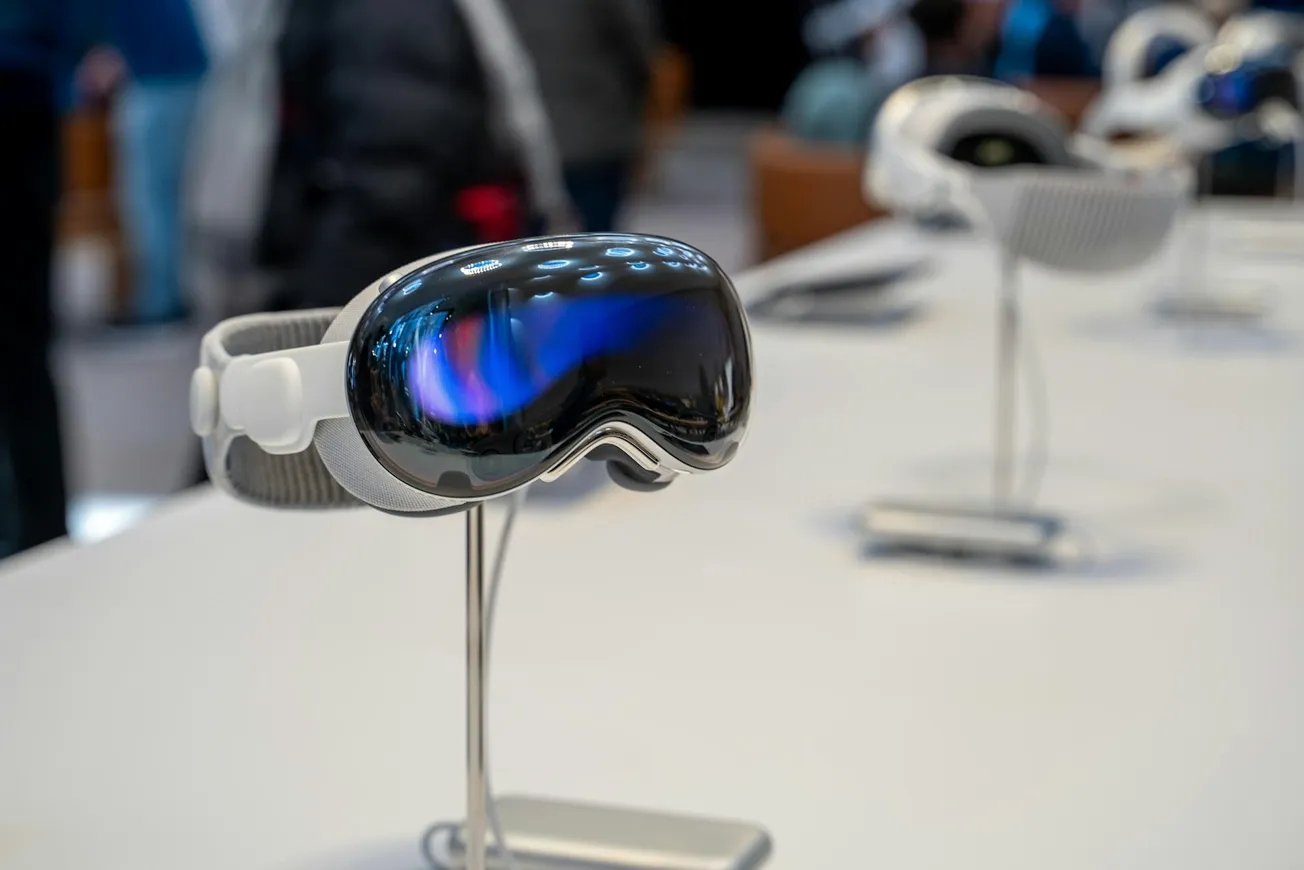Table of Contents
Guy Hatchard
hatchardreport.com
Dr Guy Hatchard is an international advocate of food safety and natural medicine. He received his undergraduate degree in Logic and Theoretical Physics from the University of Sussex and his PhD in Psychology from Maharishi University of Management, Fairfield Iowa.
Warning
Long read: 1804 words
Like Robert Frost, looking out from the distant perspective of a remote rural property, we wonder about the future of our world. Writing in 1920 Frost had just two candidates: Fire and Ice.
Some say the world will end in fire,Some say in ice.From what I’ve tasted of desireI hold with those who favour fire.But if it had to perish twice,I think I know enough of hateTo say that for destruction iceIs also great And would suffice.
Today we can take our pick of disasters – climate change, nuclear war, exotic disease, pollution, species extinction, famine, AI, ocean current die off, medical mistakes, bioweapons…
Modern society presents a great many technological perils. We must pit our collective wits against them. To succeed, we will need to keep our wits about us. Insurance companies are right on to this.
EMF Radiation
International reinsurance giant Swiss Re, in a 2013 report, listed 27 factors that threaten the financial stability of the global insurance industry.
It says a lot about how serious, hard-headed people should be thinking, that future product liability claims as a result of EMF (electric and magnetic fields) radiation from cellphone use is rated as one of three labelled significant. The other two are endocrine disruptors and nanoparticles.
Last week I visited Wellington, the seat of government. There was a disturbing feature of my visit: when I turned on my computer in the small suburb of Broadmeadows, I was offered dozens of wifi connectivity options.
You can now buy powerful home wifi systems with a range of more than a mile, others use 5G technology. Powerful police frequencies cover huge areas.
I was surrounded by a sea of electromagnetic radiation, as are all big-city residents these days.
Research studies on tumour rates have debunked the theory that cellphone use causes significant brain tumours over a short time frame, subsequently the talk of safety concerns subsided.
Yet four studies by government agencies in the US and EU have concluded that electromagnetic radiation is epidemiologically linked with the incidence of childhood leukaemia (O’Carroll and Henshaw, Risk Analysis).
A danger of studies that downplay the risks lies in which outcomes they measure. If you don’t have a comprehensive enough hypothesis, you are liable to miss the obvious.
Sir Alexander Fleming was the last of a large number of scientists whose bacterial culture had been destroyed, but he was the first to recognise that there was something about it more useful than contamination.
Is EMF Radiation Linked to the Rise in Mental Illness Among the Young?
What has been missed until recently is the fact that the rate of increase in cellphone usage mirrors the growth in the incidence of mental illness, especially among the young.
For example, the diagnosis of bipolar disorder among children and teens up to age 19 years has increased dramatically since the early 90s.

There has been some talk about the effect of social isolation in our modern society being responsible, but this is not a good enough candidate to explain the huge multiplication of serious mental illness, which had previously been largely confined to adult populations.
The use of cellphones, local wireless networks and devices, powerful wireless boosters, Bluetooth, etc, have become ubiquitous. Research shows that our total exposure to EMFs is increasing by as much as 50 per cent per year.
Approximately 30 per cent of the population are suffering problems such as sleep disturbance, tiredness and memory problems that may be related; while the debilitating condition known as electromagnetic hypersensitivity affects as many as three per cent.
More worryingly, EMFs may be affecting everyone in ways not previously anticipated.
Early models of brain function suggested that the brain operated mainly through specific chains of chemical reactions and electrical pathways; it is now believed that electric fields also play a critical role in nervous system development and function.
EMF Radiation is Known to Directly Affect the Brain
Orderly, coherent patterns of electrical activity in the brain are associated with the development of IQ, creativity, concept acquisition, moral reasoning, experiences of clarity and neurological efficiency.
In contrast, fragmented activity in the brain is associated with violent behaviour, anxiety, anger, hyperactivity and mental disturbance.
- Regular cellphone use creates a barrier to learning. The brain functions holistically through electromagnetic fields that can be scrambled by cellphone radiation. Thus cellphone use possibly interferes with orderly patterns in the brain, the reverse of learning.
- Studies show the brain evolves in response to activity and experience; 70 per cent of synaptic connections in the brain change each day. Moreover, the human brain goes through developmental stages up to age 25. This process of brain response and learning, known as neural plasticity, could be scrambled by external electromagnetic fields such as those emitted by cellphones.
- The brain is constantly engaged in coordinating and interpreting the activity of neuronal electric impulses, fields and sensory inputs. There are surgical procedures to aid the deaf, by implanting electric wires in the brain carrying auditory information. The impulses are not in a form that the brain normally interprets, but the brain then systematically builds up structures to integrate them into brain functioning. This eventually enables consciousness to interpret them so that the person can regain hearing. If cellphone use is regular and frequent, the brain may start to put in place new neuronal structures in a vain attempt to interpret the invasive EMF signals. These structures would serve no purpose and disrupt the brain. The attempt to interpret invasive electric fields resulting from cellphones, high-power wireless and overhead power lines is liable to scramble the routine operations of the brain, which in turn affects the mind, attention, mood, decision-making and consciousness.
- Some scientists believe that DNA functions in part through field properties of the DNA molecule, which could be disrupted by cellphone radiation.
- A recent review paper of research (Pall, M.L., “Microwave frequency electromagnetic fields (EMFs) produce widespread neuropsychiatric effects including depression.” Journal of Neuroanatomy, 21 August 2015) records that there are electrical mechanisms that lead to neuropsychiatric effects. It has been suggested that lower frequency EMFs can act via the voltage-gated calcium channel (VGCC) to disrupt activity in the brain. Soviet and Western literature show that much of the impact of non-thermal EMF exposures on animals occurs in the brain and peripheral nervous system, such that nervous system function shows diverse and substantial changes. These may be generated through VGCC activation, producing excessive neurotransmitter/neuroendocrine release as well as oxidative/nitrosative stress and other responses. These are known to cause breakdowns in cell structure and function associated with inflammation and chronic fatigue syndrome. In some cases this can generate other physical effects like elevated blood pressure. Two US government reports from the 1970s to 1980s provide evidence for many neuropsychiatric effects of non-thermal microwave EMFs, based on occupational exposure studies. Eighteen more recent epidemiological studies provide substantial evidence that microwave EMFs from cell/mobile phone base stations, excessive cell/mobile phone usage and wireless smart meters can each produce similar patterns of neuropsychiatric effects, with several of these studies showing clear dose-response relationships. Among the more commonly reported changes are sleep disturbance, headache, depression, fatigue, sensitivity to touch similar to that associated with peripheral nerve damage, attention deficit, memory changes, dizziness, irritability, loss of appetite, anxiety, nausea, skin burning and EEG changes. The potential military application of these effects has been pursued, but the effects on personal health from everyday EMF exposure has been ignored.
- The brain continues to develop until age 25, during which time it is vulnerable. While it is policy in some countries to avoid siting cellphone towers near schools and to discourage cellphone use by children, some schools encourage cellphone use in the classroom, ignoring the fact that the power of radiation emitted by a cell phone close to the body is many times that emitted by a cell phone tower some distance away. Recently completed research suggests that children are five times more likely to suffer tumours due to cell phone radiation. The thinner skull of a child allows cellphone radiation to penetrate deep into the brain. The effects of radiation on the auditory nerves also predisposes children to become deaf in later life.
- Recent research shows that even leaving a cellphone in the pocket can seriously damage the capacity of the male reproductive system to produce sperm.
I am well aware that it could be a startling hypothesis that cellphone use is linked with derangement of mental processes, but I am not a Luddite – it is simply a matter of science.
The Long Term Effects of EMF Technology are Largely Unknown
Meanwhile, the almost universal use of cellphones and wireless technology and the huge commercial interests at stake ensure that there is continuing media and government silence surrounding concern about their effects.
Nor are regulators encouraging research or debate, but rather approving ever more powerful systems.
The massive rise in mental illness, especially among the young, calls for both an explanation and action to address the situation.
Extreme changes in behaviour, materials, environment and diet have to be at fault and the exact causal parameters need to be identified.
As with so many global problems connected with technology whose long-term effects are unknown, a precautionary approach needs to be adopted. Cellphone use and ubiquitous wireless fields are very good candidates to be causal factors.
The recent introduction of higher-power, longer-range wifi networks in cities such as Wellington are likely to multiply potential impacts. The roll out of wifi networks in schools is also a concern.
The argument that wifi and Bluetooth networks utilise less power than cellphones does not stand up to scientific scrutiny, as the frequencies used by these systems have the potential to interfere with homeostatic physiological systems (a fundamental of health).
The absolute prevalence of cellphone and wifi use should not stop us from giving credence to such hypotheses, however challenging the implications might be for the way we conduct our everyday lives and business.
The capacity of the human brain and the physiology to maintain refined activity and stable emotions is at the heart of our civilisation. It is even plausible that the growing power of EMF radiation could be a causal factor in social instability. It could be destroying our capacity to think clearly.









